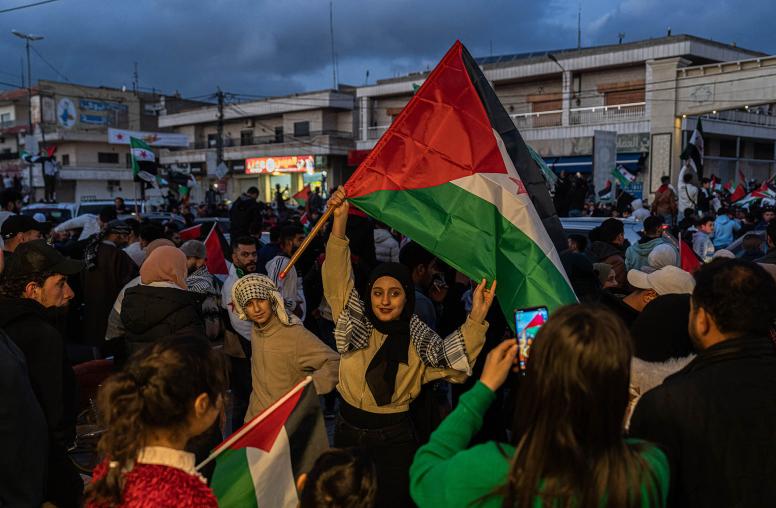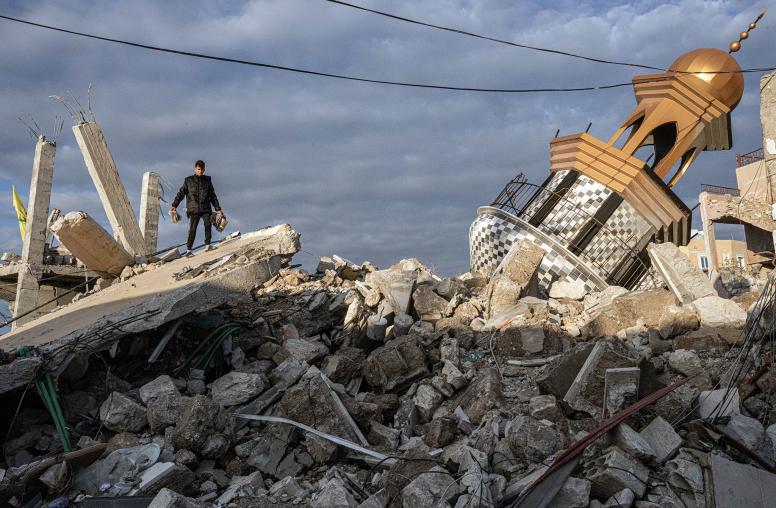Lebanon‘s Evolving Relationship with Syria
Lebanon’s outreach to Syria is motivated by significant shifts in the regional political landscape, particularly Syria’s renewed regional and global influence. Lebanese Prime Minister Saad Hariri appears to have made a strategic decision that rapprochement with Syria is in Lebanon’s best interest, offering the greatest chance for stability and resolution of a number of outstanding bilateral issues including greater guarantees for Lebanese sovereignty.

Summary
- Lebanon’s outreach to Syria is motivated by significant shifts in the regional political landscape, particularly Syria’s renewed regional and global influence. Lebanese Prime Minister Saad Hariri appears to have made a strategic decision that rapprochement with Syria is in Lebanon’s best interest, offering the greatest chance for stability and resolution of a number of outstanding bilateral issues including greater guarantees for Lebanese sovereignty.
- Syria’s renewed influence in Lebanon comes in a variety of forms, but its alliance with Hezbollah is the most potent trajectory of its power and influence.
- It is too early to determine whether this shift in relations marks a return of Syrian predominance in Lebanon, or signals a new page in the bilateral relationship. Much will depend on how Syria and Lebanon as well as external players—especially the U.S. and France—contend with the inherent challenges and opportunities that accompany evolving Syrian-Lebanese ties.
- The establishment of Lebanese-Syrian diplomatic ties presents the United States with an important opportunity to help foster normal relations between the neighboring countries, particularly the long-sought goal of protecting Lebanese sovereignty. Washington should move forward with dispatching an ambassador to Damascus as part of a broader engagement with Syria. Establishment of high-level diplomatic channels in Syria will allow the United States to leverage its influence more directly and effectively to ensure that Syria moves forward on border demarcation with Lebanon and other measures to help bolster Lebanese sovereignty.
About This Brief
Following a regional tour with stops in Saudi Arabia, Syria, and Turkey, Lebanese Prime Minister Saad Hariri will travel to the United States on May 24, when he is slated to meet with President Barack Obama in Washington and later visit New York where he will address the United Nations Security Council, currently chaired by Lebanon. This Peace Brief was written by Mona Yacoubian, director of the U.S. Institute of Peace’s Lebanon Working Group and special adviser to the Muslim World Initiative, and is adapted from her remarks at a recent panel discussion sponsored by the Middle East Institute. The views expressed here are not necessarily those of USIP, which does not advocate specific policies.



